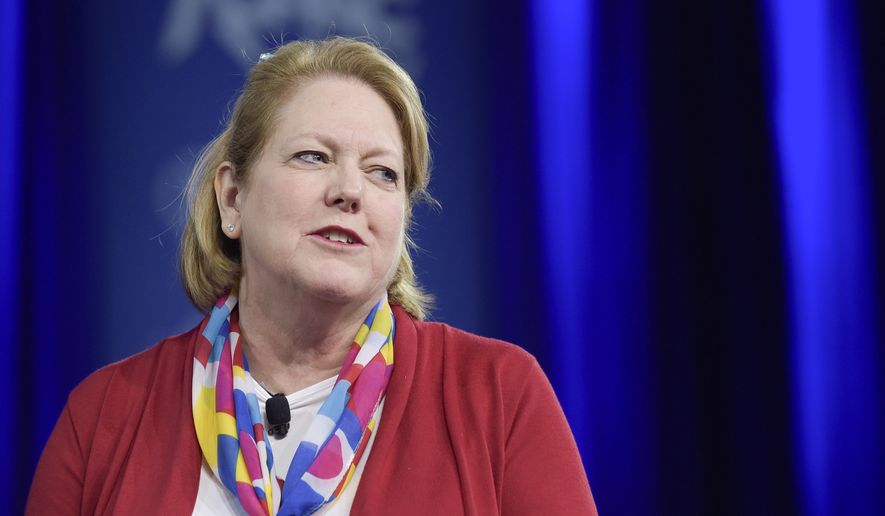Supreme Court Justice Clarence Thomas’ wife, Virginia “Ginni” Thomas, is under scrutiny again after emails between her and attorney John Eastman surfaced in the Jan. 6 House committee’s probe into the Capitol riot.
Mrs. Thomas exchanged emails with Mr. Eastman, who argued former Vice President Mike Pence could have overturned the 2020 election results.
According to The Washington Post, the committee is now contemplating exploring more of Ms. Thomas’ role. Previously, members were leaning against obtaining her cooperation or interview.
Mrs. Thomas was previously criticized for text messages she sent to former White House Chief of Staff Mark Meadows where she reportedly encouraged him to work to overturn the 2020 election results.
Democrats on Capitol Hill have argued her actions suggest her husband should recuse himself from any Trump related case or election matter due to an alleged conflict of interest.
On Thursday, Rep. Bill Pascrell, Jr., New Jersey Democrat, went a step further and called for Justice Thomas’ resignation.
SEE ALSO: Jan. 6 committee praises Pence for bucking Trump, credits him for saving democracy
“Public confidence in our nation’s highest court is at its lowest levels in generations. The American people rightly question whether rightwing jurists in our federal courts can adjudicate the law impartially. Over the last few years, we have become numb to bad acts by powerful actors, but Clarence and Ginni Thomas have participated in one of the worst breaches of trust ever seen in our court system. Clarence Thomas cannot possibly be seen as a neutral actor but instead as a corrupt jurist who has poisoned the High Court. Clarence Thomas should have dignity and final respect for our democracy and resign,” he said.
Mrs. Thomas has previously spoken out about Jan. 6, and said she attended the pro-Trump rally but left before the violence occurred at the Capitol.
“I was disappointed and frustrated that there was violence that happened following a peaceful gathering of Trump supporters on the Ellipse on Jan. 6,” she previously told the Washington Free Beacon.
“There are important and legitimate substantive questions about achieving goals like electoral integrity, racial equality, and political accountability that a democratic system like ours needs to be able to discuss and debate rationally in the political square. I fear we are losing that ability,” she added.
Although there are recusal rules for lower court judges, there are no formal requirements for Supreme Court justices.
• Alex Swoyer can be reached at aswoyer@washingtontimes.com.




Please read our comment policy before commenting.